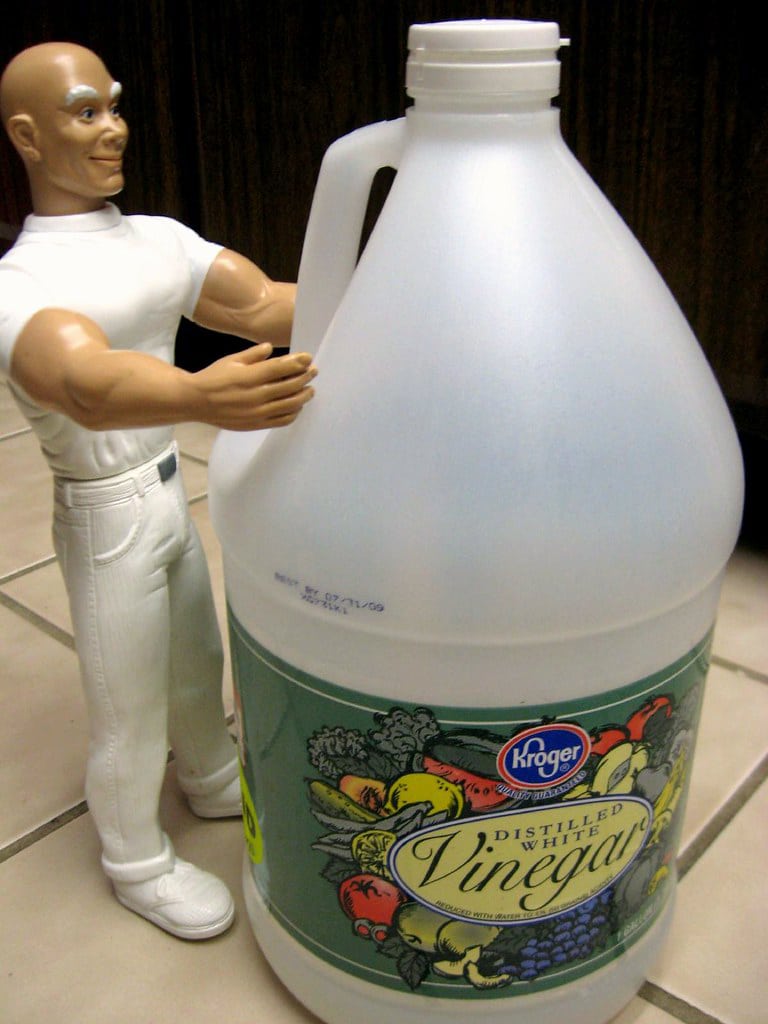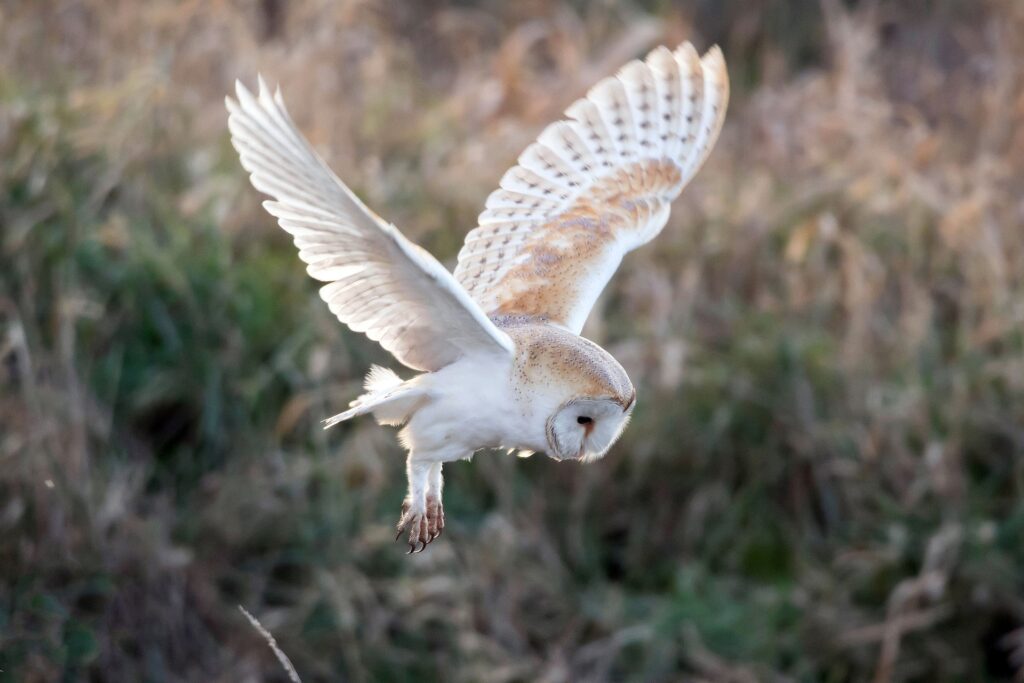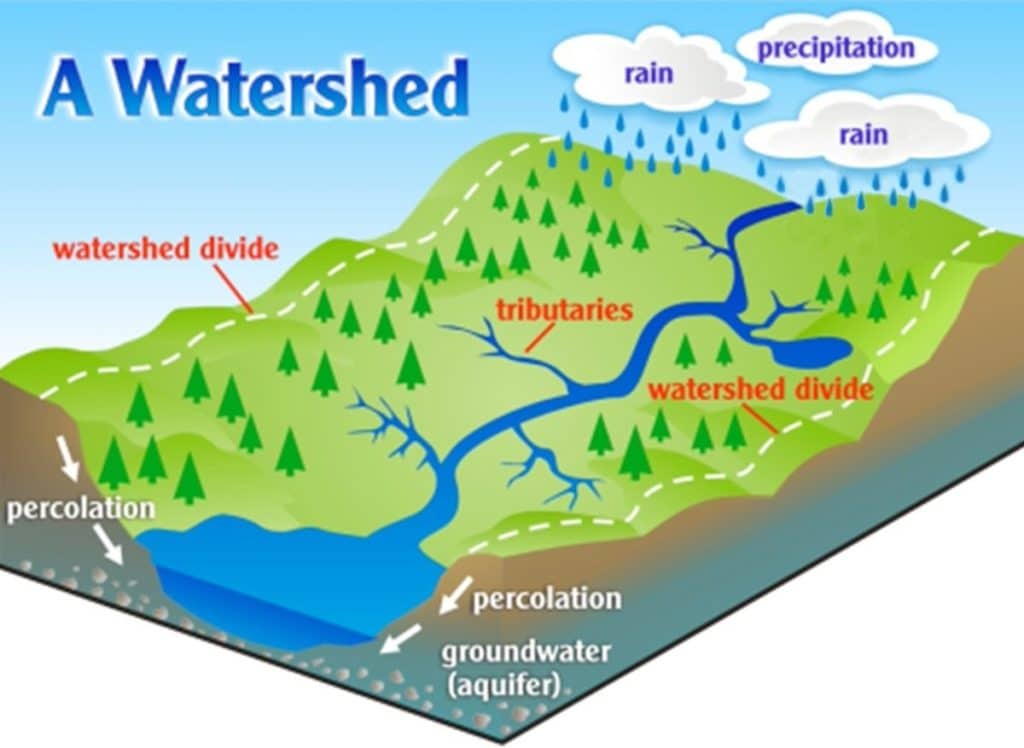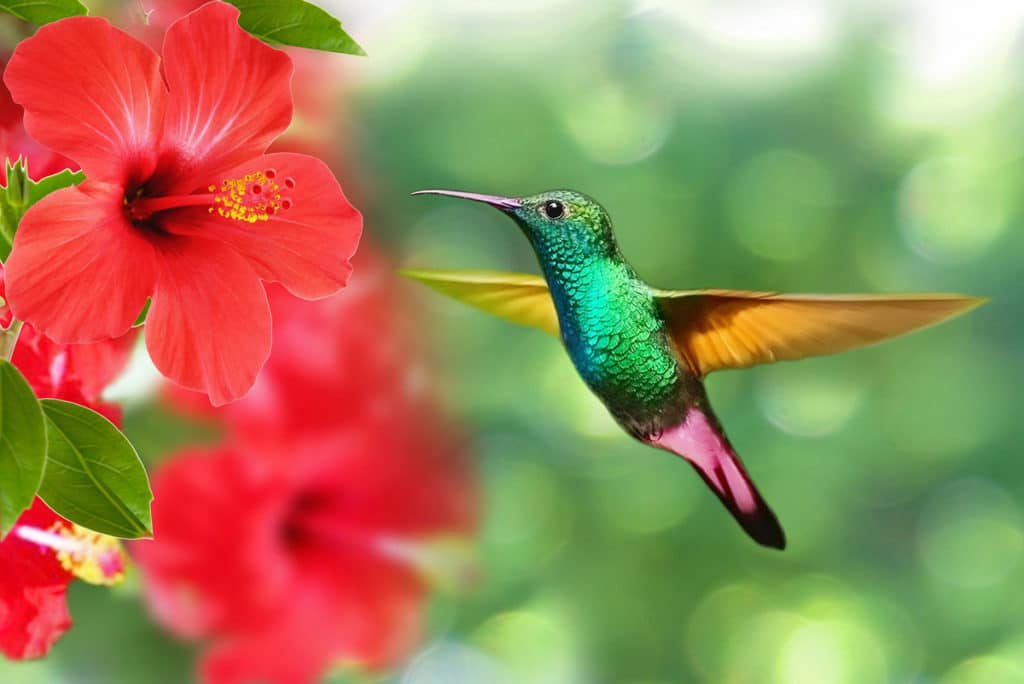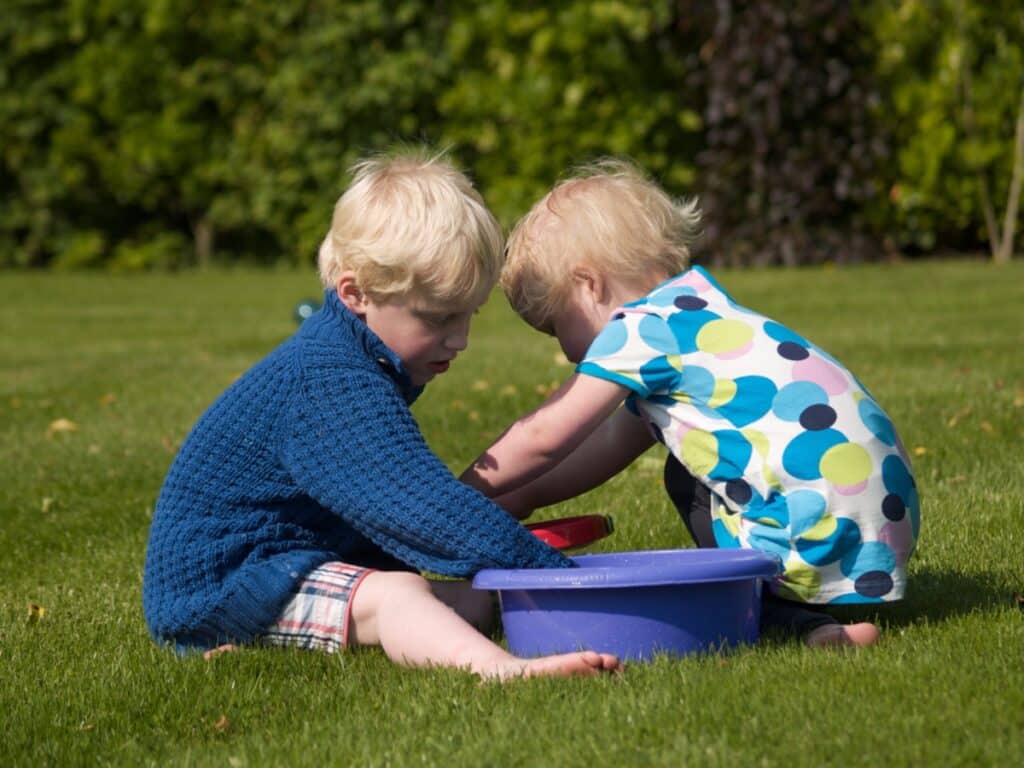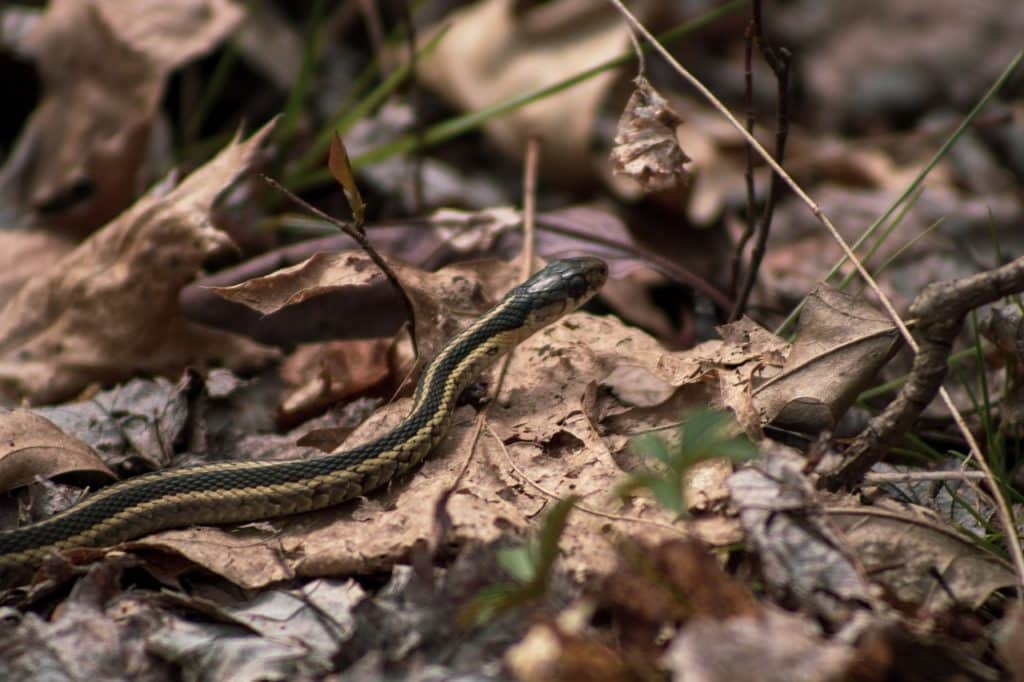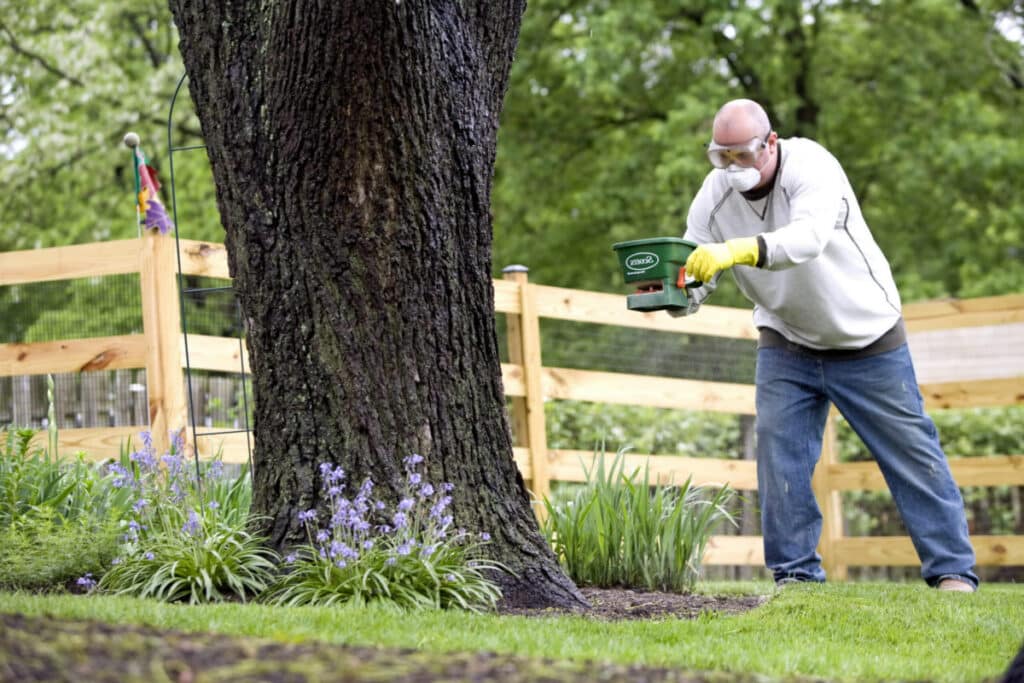Take Care When Using Pesticides Inside the House
Many products commonly found in the home are legally considered pesticides, even though they may not be sold in the traditional “bug spray” aisle. A pesticide is any substance used to prevent, destroy, repel, or control pests. Because these materials can affect people, pets, and the indoor environment, safe and informed use is important, especially […]
Take Care When Using Pesticides Inside the House Read More »
